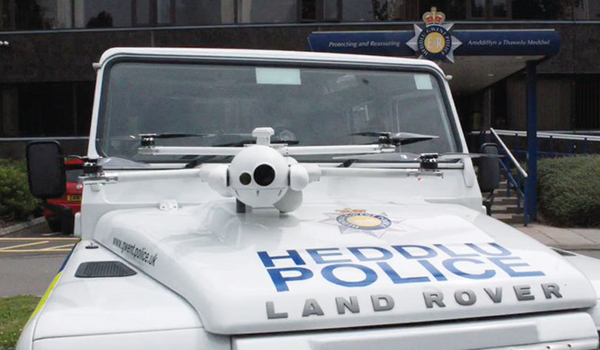Digital biometrics rolled out at Danish Police
The Danish National Police is rolling out an eight-year biometrics programme that will see it improve the accuracy and time spent matching fingerprints by moving to a 100 per cent digital process to identify individuals in criminal investigations.

The Danish National Police is rolling out an eight-year biometrics programme that will see it improve the accuracy and time spent matching fingerprints by moving to a 100 per cent digital process to identify individuals in criminal investigations.
It will allow Danish police officers to access and process information more efficiently by automating its current workflow engine.
The Danish Police will use the SteriaAFIS (Automated Fingerprint Identification System) alongside SteriaFIT (fast and accurate capture, review and transmission of all print types, latents and mugshots) and enrolment stations with livescanners.
These solutions will enable the fast, electronic and accurate capture, storage and biometric matching of fingerprints in large databases, replacing the need for manual interaction with paper and ink-based enrolment of criminals from a forensics expert.
The speed and accuracy of the software will also reduce the time it takes officers to identify and signal criminal profiles from minutes to just seconds.
The biometrics programme will be fully integrated into the polices existing IT systems, enabling the Danish Police to move 100 per cent of its investigation processes from traditional paper format to digital. This will result in a modernised and automated workflow engine, powering more efficient overall processes for the police force.



